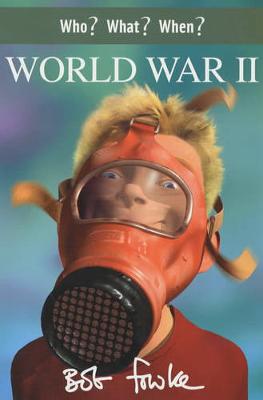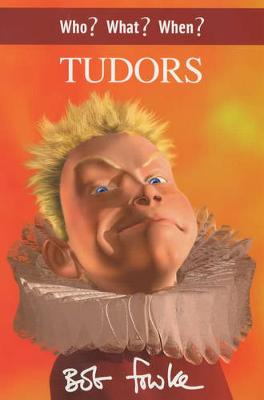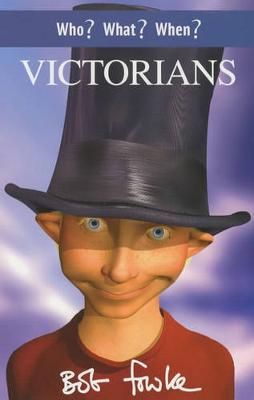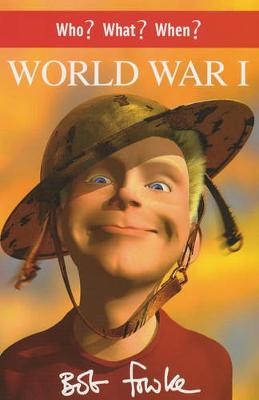Who? What? When?
4 total works
As the title implies, the book provides information on the key people and events of the war, placing them in chronological context. There are approximately 100 entries laid out alphabetically, including the following people and topics: air raid shelters, the Battle of Britain, the Blitz, Winston Churchill, concentration camps, Adolf Hitler, the Holocaust, Land Army girls, rationing, and Franklin Roosevelt. It is complete with timeline, glossary, further information, index, cartoons, detailed illustrations and maps.
As the title implies, the book provides information on the key people and events of the era, placing them in chronological context. There are approximately 100 entries laid out alphabetically, including the following people and topics: the Spanish Armada, Elizabeth I, exploration, Henry VIII, Sir Walter Raleigh and William Shakespeare. Complete with timeline, glossary, further information, index, cartoons, detailed illustrations and maps.
Written in the clear and lively tone of popular author Bob Fowke, this is ideal for children who want an 'at-a-glance' reference book to the key topic areas of the Victorians. As the title implies, the book provides information on the key people and events of the era, placing them in chronological context. There are approximately 100 entries laid out alphabetically, including the following people and topics: Alexander Graham Bell, Boer War, Crimean War, Charles Dickens, David Livingstone, Florence Nightingale, reform acts, Salvation Army, servants, Tolpuddle Martyrs and Queen Victoria. It is complete with timeline, glossary, further information, index, cartoons, detailed illustrations and maps.
For children who want an at-a-glance reference to the key topic areas of World War I, this book provides information on the key people and events of the era, placing them in chronological context. There are approximately 100 entries laid out alphabetically, including the following people and topics: artillary, British Legion, Rupert Brooke, Edith Cavell, Winston Churchill, field hospitals, General Kitchener, Lawrence of Arabia, Battle of Mons, Wilfred Owen, rationing, suffragettes, the Battle of the Somme and tanks.



